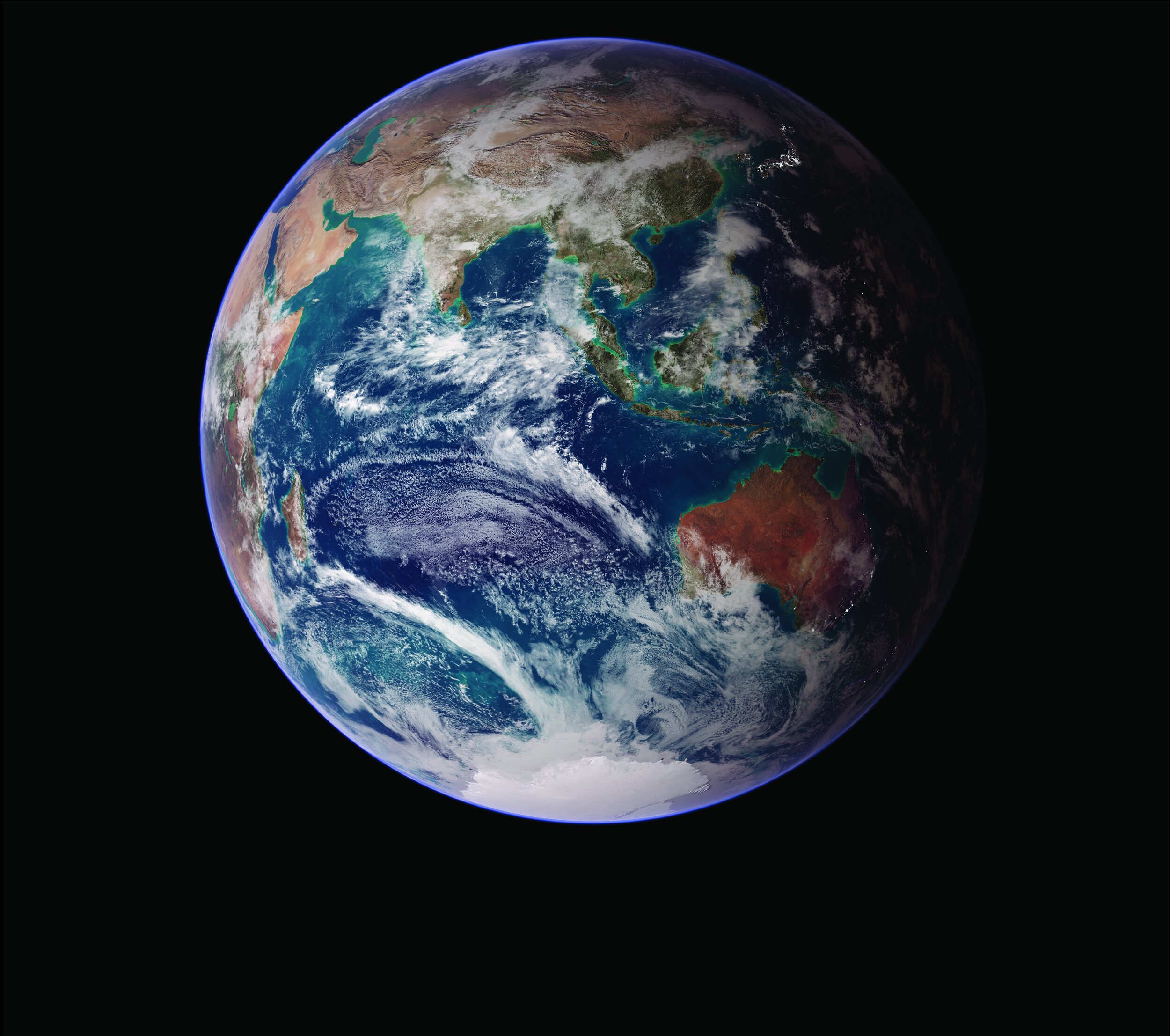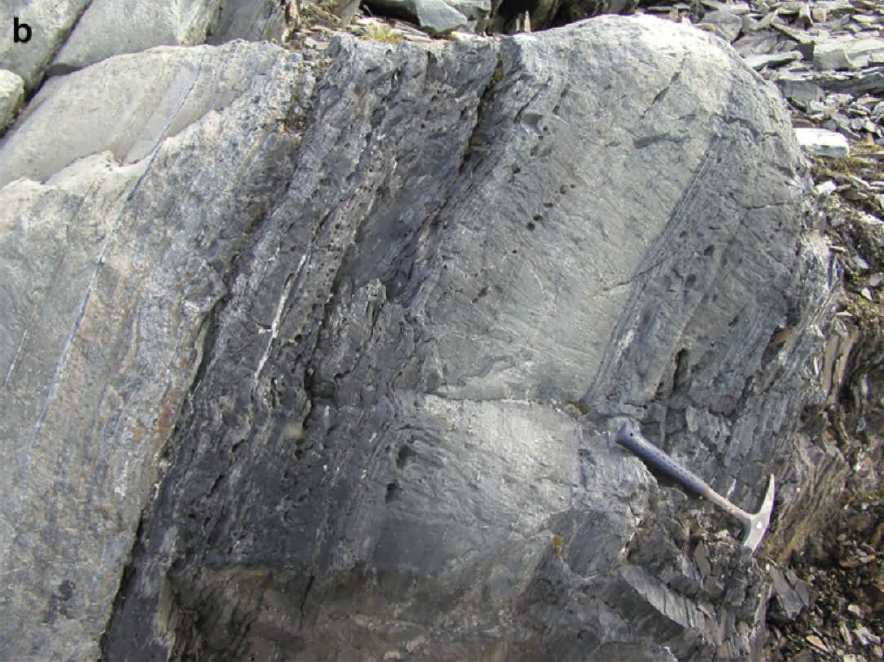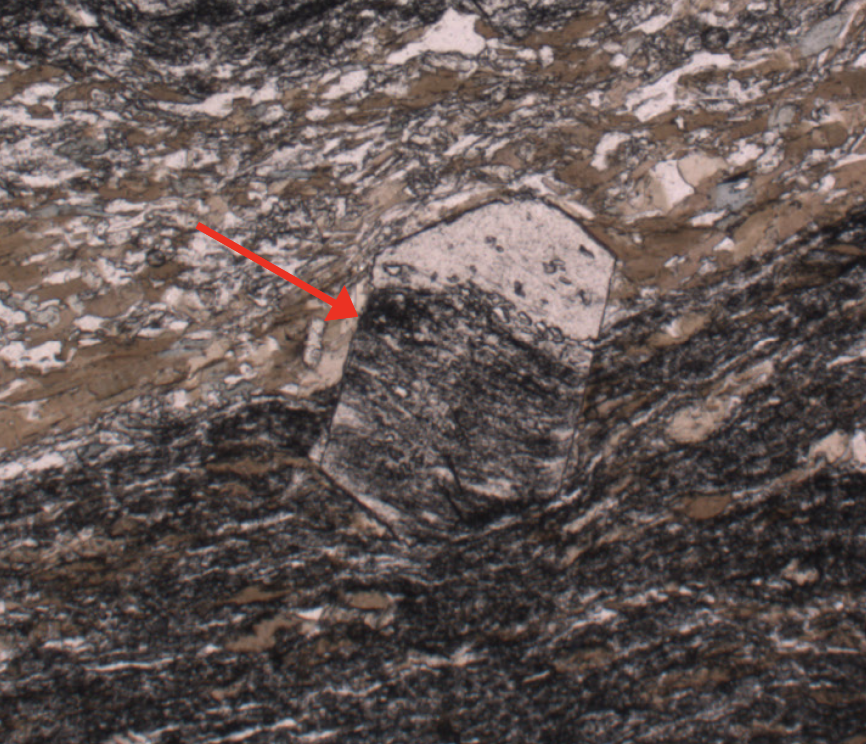
Explore our planet’s history from the beginning
Latest Episodes
Many folks have claimed to find Earth's oldest fossils in the Greenland rocks, 3.7 billion years old. Before we meet and judge these contenders, we need to learn what counts as a fossil. This early in Earth history, nothing has any bones or teeth or shells, so researchers need to search for other clues. Today, I'll show you four ways to look for fossils in Earth's oldest rocks, including my personal field of study: fossilized bacteria.
Extra Credit: Find different types of organic carbon in your day, or eat a burger.
Finally, 3.7 billion years ago, we reach some of the strongest evidence for life on Earth yet. It takes a while to find, and it only looks like a few dark crystals, but it's better than anything else we've seen so far. Along the way, we'll meet three scientists who helped define the quest for Earth's oldest fossils, including one of my old bosses.
Extra Credit: Sharpen your pencils, spackle some cracks, or thank a mentor in your life.
This episode, we focus on just one special boulder from the Greenland tundra, a rock that might have Earth's oldest fossils. Over the past 10 years, scientists from around the world have used the latest technology to reveal this rock's secrets, including research published this year. What have they found?
Extra Credit: Make a time capsule or play a record.


